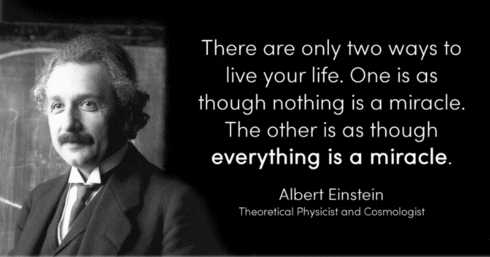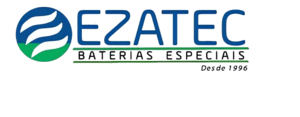No Blog Eletrônica de Potência você encontrará informações sobre teses,artigos,seminarios,congressos,tecnologias,cursos,sobre eletrônica potência. “TEMOS O DESTINO QUE MERECEMOS. O NOSSO DESTINO ESTA DE ACORDO COM OS NOSSOS MERITOS” ALBERT EINSTEIN. Imagination is more important than knowledge, for knowledge is limited while imagination embraces the entire world. EL FUTURO SE CONSTRUYE HOY,EL SUCESSO NO ES FRUTO DE LA CASUALIDAD,SE HUMILDE ,APRENDE SIEMPRE CADA DIA.
AUTOR DO BLOG ENG.ARMANDO CAVERO MIRANDA SÃO PAULO BRASIL

.gif)
“GRAÇAS A DEUS PELA VIDA,PELA MINHA FAMÍLIA,PELO TRABALHO.PELO PÃO DE CADA DIA,POR NOS PROTEGER DO MAL”
“SE SEUS PROJETOS FOREM PARA UM ANO,SEMEIE O GRÂO.SE FOREM PARA DEZ ANOS,PLANTE UMA ÁRVORE.SE FOREM PARA CEM ANOS,EDUQUE O POVO”


https://picasion.com/


domingo, 14 de dezembro de 2014
Harmonics Reduction in High-Efficiency Operation of Double-Conversion UPS Lorenzo Giuntini
Abstract
UPS are used to protect critical loads, and double-conversion is often the preferred choice. While
providing optimum protection, this topology offers limited efficiency. Some double-conversion UPS
feature a high-efficiency (ECO) mode, with the load normally fed via the bypass path. In this
operating mode, load current harmonics may be let through towards the utility, and may induce a high
load on the neutral conductor. In this context, this paper discusses Advanced ECO Mode topologies
that reduce neutral current and mitigate harmonics resulting from non-linear or unbalanced load.
Introduction
Uninterruptible Power Supplies (UPS) provide power conditioning and backup power for critical and sensitive equipment, the typical example being Information Technology (IT) equipment in data centers. Double-conversion topology is often the preferred choice, especially for larger UPS installations (as a matter of fact, double conversion topology dominates the market for UPSs larger than 5 kVA used in US data centers [1]). While providing optimum protection, double conversion topology may not offer the highest efficiency: best-in-class efficiency for double conversion transformer-based UPS is around 94 %. Actual efficiency may further drop depending on UPS operating conditions, particularly the load level. In fact, UPS losses may account for 10 % of the total power consumed in a data center [2]. Given the challenges posed by greenhouse gases (GHG) emission targets, energy intensive facilities are looking at alternative UPS operating modes to increase the overall site efficiency. Some double conversion UPS feature a high-efficiency mode (typically referred to as ECO mode), where losses are greatly reduced by feeding the load via the bypass path, with resulting efficiency exceeding 98 %. A common concern is that bypass operation may expose the load to utility disturbances. To address such concerns, previous research activity focused on protection against power quality events (such as interruptions, sags, swells, spikes, etc.) during ECO mode operation. This paper takes another perspective, focusing on current harmonics and neutral current resulting from non-linear or unbalanced load. When the UPS is feeding loads with non-linear input characteristics (such as IT equipment) via the bypass path, the resulting harmonics may potentially pollute the power system. These harmonics may induce voltage distortion and increase losses, eventually leading to premature failure of electrical equipment [3]. Additionally, triplen harmonics accumulate in the neutral conductor, and combined with unbalanced loads may potentially lead to overload of the neutral conductor and overheating of the distribution transformer [4]. In this context, this paper explores Advanced ECO Mode topologies that reduce neutral conductor loading and mitigate harmonic injection on the utility supply, presenting experimental results from testing high-power UPS installations.
LINK FULL PAPER
https://copy.com/uFvkhtpuxhNUmGxz
Assinar:
Postar comentários (Atom)



Nenhum comentário:
Postar um comentário